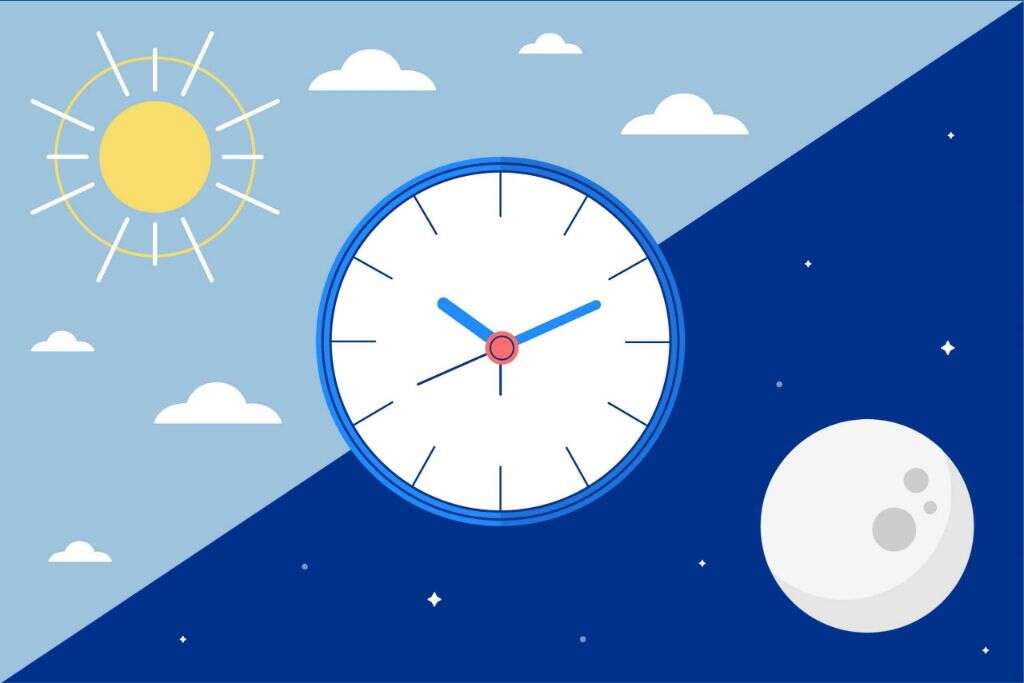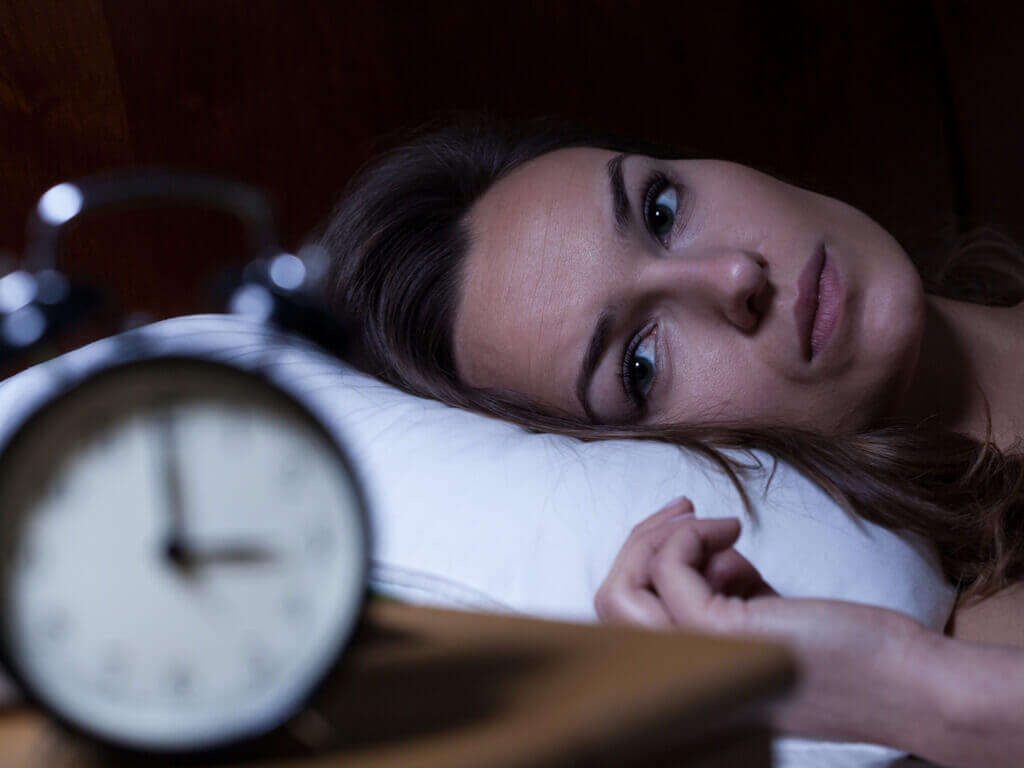What Is Seasonal Depression?
4. Causes
Scientists do not yet know exactly what causes Seasonal Affective Disorder. There are a few possibilities that may contribute to the disorder. A person’s circadian rhythm is a biological clock that is sensitive to light. When daylight hours decrease in the fall, this may lead to disruptions in an individual’s circadian rhythm, leading to depression.
Serotonin and melatonin levels may also come into play. Serotonin is a brain chemical that affects mood. The reduction of light in the late fall and winter months may cause a decline in levels, subsequently leading to depression. Similarly, melatonin is a chemical that has an impact on sleep and mood. The season change may impact melatonin balance and cause depression.
Advertisement











